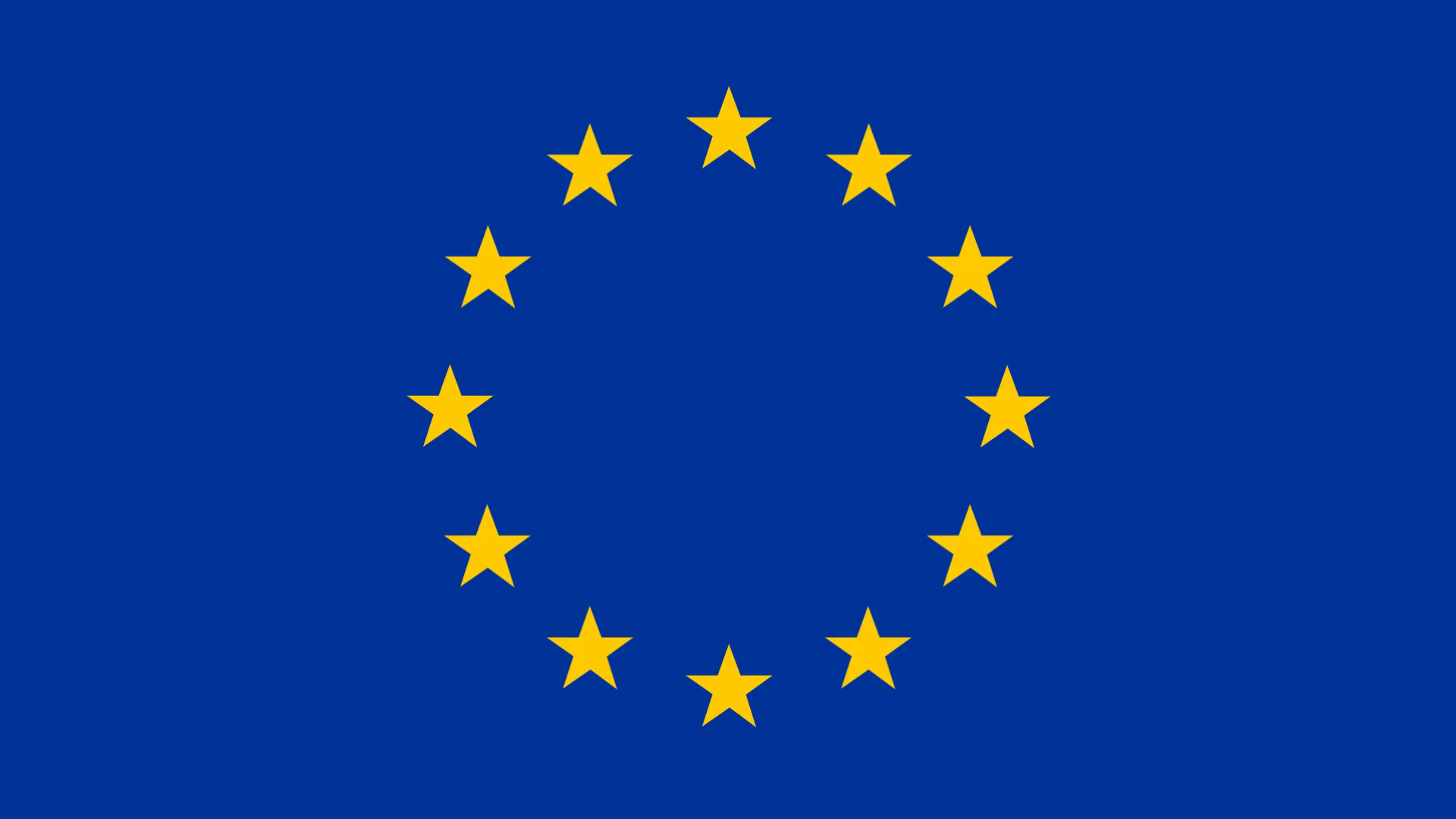The European Union (EU) has said it is providing N513m (€1.2m) to the federal government to implement the 2021-2025 National Development Plan.
EU’s Head of Cooperation to Nigeria, Cecile Tassin-Pelzer, said the fund under the EU–Support to Implementation of National Economic Policies Project (EU-SINEP), is to help Nigeria achieve the objectives of the plan that would lead to economic diversification, improve economic governance and public finance management and other reforms.
- Anambra communities in panic harvest over flood menace
- Insecurity: Gombe gov’t launches ‘Operation Hattara’ task-force
Speaking at the launch of the project yesterday in Abuja, Tassin-Pelzer, noted that Nigeria is a long-standing partner of the EU and would ensure the provision of adequate support for its developmental goals.
She added that through the Ministry of Finance, Budget and National Planning, the project would provide technical assistance to build on some additional capacity for the ministry in implementing the plan and contribute to the better implementation, monitoring, coordination and evaluation.
“The objective is to help Nigeria overcome different challenges altogether. Nigeria is one of EU’s most important trading partners and the volume of trade has a positive trade balance in favour of Nigeria. However, the project is to help the ministry in its efforts to design and implement the best practice economic policy proposal. This one is a small project and we are funding with €1.2m euros but the overall partnership is over €500 million.”
On his part, the Minister of State for Budget and National Planning, Prince Clem Agba, said the project is expected to support opportunities that accelerate new investments for critical projects and frameworks for the resolution of complex inter-agency problems inhibiting private investments in Nigeria’s economy.
He added that the resolution to be made for the implementation would be “Translated into Hausa, Igbo, Yoruba languages, pidgin and braille that are relevant for galvanising popular support, as well as, promoting citizen’s participation in governance.”

 Join Daily Trust WhatsApp Community For Quick Access To News and Happenings Around You.
Join Daily Trust WhatsApp Community For Quick Access To News and Happenings Around You.


